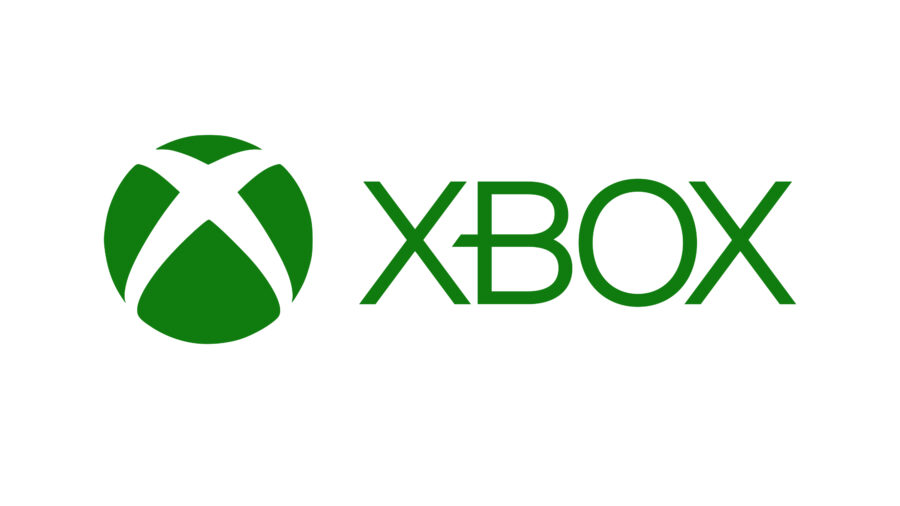Xbox Trial Reveals Shocking Truths About Microsoft’s Gaming Strategy
A series of emails released during Microsoft's efforts to lift the FTC injunction on its acquisition of Activision Blizzard.

Microsoft continues to fight the Federal Trade Commission’s (FTC) injunction against the company’s deal to acquire Activision Blizzard King (ABK) for a historic $69 billion. The stakes are high, the aces are flying, and the ensuing trial has yielded all sorts of fascinating insights about the Xbox maker and its gaming platform, most notably the company’s alleged attempts to put its competitors out of business.
According to Kotaku, the ensuing trial shed light on internal emails at both Xbox and Sony, numerous other acquisition plans made by Microsoft, the false alarms raised by PlayStation’s Jim Ryan, and double standards by the FTC when it comes to exclusivity and the organization’s attempt to exclude Nintendo, as a major console maker, from the discussion, thus effectively turning the case in Sony’s favor.
For example, in a heavily redacted email from 2019, Xbox Studios head Matt Booty mentioned that Microsoft could try and “spend Sony out of business” by acquiring various gaming studios, thus preventing its competitors—including Tencent, Google, Amazon, and Sony—from becoming the Disney of video game industry that owns the most valuable content.
The acquisition proposals included SEGA, which has built a respectable portfolio of game development studios over the years, and Square Enix, among other names.
The latter is particularly interesting due to Square Enix’s near-exclusive relationship with Sony and the fact that some of the greatest and best-selling Square Enix titles release exclusively on the PlayStation gaming platform—as is the case with the latest Final Fantasy XVI. One of FTC’s main arguments is that Xbox might try and keep Call of Duty, developed by ABK, as an exclusive title, thus harming Sony’s business.
They haven’t mentioned Nintendo, arguing that the console can’t really compete with the current-gen hardware.
It just so happened that Xbox promised a 10-year deal to bring Call of Duty to the Nintendo platform—the same deal that was previously offered to Sony in writing. Sony obviously didn’t accept the deal, using exclusivity as its trump card against the acquisition and even being vocal about the fact that Xbox might use exclusivity to harm PlayStation.
Coincidentally, that’s exactly what Sony has been doing to Xbox across the entire Asian market for years; their actions were so aggressive and borderline illegal that Japan as a country, Sony’s home country, actually approved the ABK acquisition.
PlayStation boss Jim Ryan also publicly raised his concerns about the CoD and Diablo exclusivity on Xbox, further fueling the FTC’s case, but internal email leaks uncovered that he was never actually concerned about Xbox making those titles exclusive. He even acknowledged that such action wouldn’t be economically viable for Microsoft, basically confirming what Microsoft has been saying all along.
However, some internal Xbox studios have raised further questions about exclusivity.

The most notable among those was Bethesda, with Pete Hines asking why Redfall and Starfield are basically being forced to be Xbox exclusives—the latter was planned as a PlayStation 5 exclusive, but the deal fell through when Microsoft acquired ZeniMax, Bethesda’s parent company.
Phil Spencer answered that the exclusivity of Bethesda’s games is considered on a case-by-case basis.
If you ask Microsoft’s CEO Satya Nadella, all exclusive arrangements between console makers and third-party studios should be eliminated. When asked about the CoD exclusivity and previously mentioned plans to “spend Sony out of business,” Nadella stated that neither of those actually has any economic and strategic sense.
Why would Microsoft make one of the best-selling games exclusive to its own platform? Believe it or not, the company would actually lose money instead of making a profit, especially when it shifts its focus toward cloud gaming.












